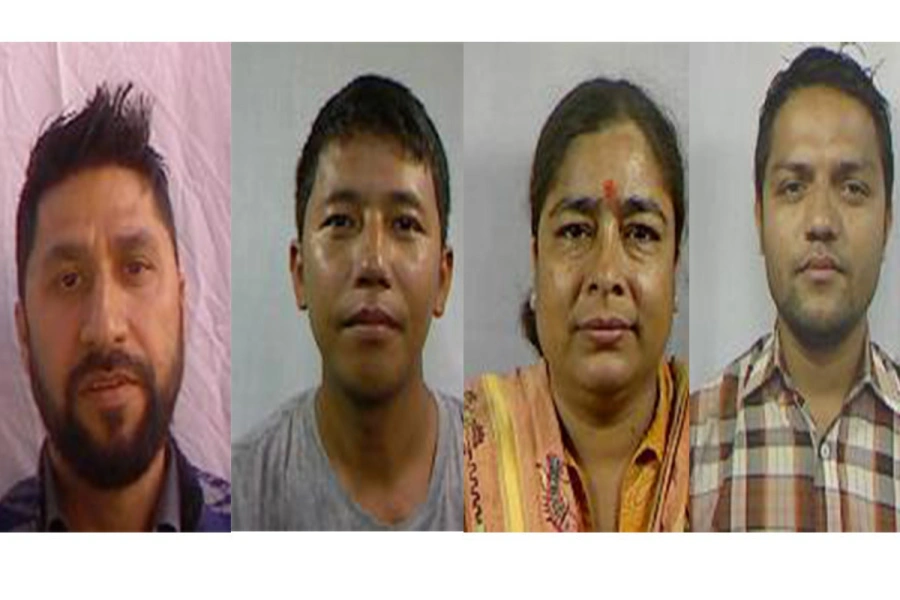KATHMANDU, Feb 7: The International Federation of Red Cross and Red Crescent Societies (IFRC) in association with Nepal Red Cross Society and the Government of Nepal has launched the World Disasters Report amid an event in Kathmandu, Nepal on Monday.
According to a statement issued by IFRC, the shocking death toll due to earthquakes, droughts, hurricanes, COVID-19 pandemic, which is estimated to be more than 6.5 million inspired the organization to look into how countries can prepare for the next global health emergency. On January 30, 2023, IFRC released two groundbreaking reports- ‘World Disasters Report’ and ‘Everyone Counts Report’ in Geneva, which recommends how leaders can mitigate tragedies of the disasters in the upcoming days.
IFRC Secretary General Chapagain on Nepal visit

Addressing the event, Jagan Chapagain, IFRC’s Secretary General, said, “The COVID-19 pandemic should be a wake-up call for the global community to prepare now for the next health crisis. Our recommendations to world leaders center around building trust, tackling inequality, and leveraging local actors and communities to perform life saving work. The next pandemic could be just around the corner; if the experience of COVID-19 won’t quicken our steps toward preparedness, what will?”
He further stated, “In the course of their work, Red Cross and Red Crescent teams documented how the COVID-19 pandemic both thrived on and exacerbated inequalities. Poor sanitation, overcrowding, lack of access to health and social services, and malnutrition create conditions for diseases to spread faster and further. The world must address inequitable health and socio-economic vulnerabilities far in advance of the next crisis.”
Chapagain added, “Community-based organizations are an integral part of pandemic preparedness and response. Local actors and communities, as frontline responders, have distinct but equally important roles to play in all phases of disease outbreak management. Their local knowledge needs to be leveraged for greater trust, access, and resilience.”






































